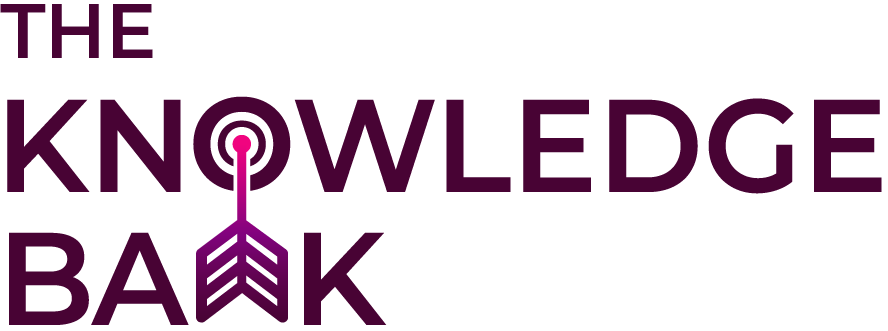As the curtains close on 2022, The Knowledge Bank team is winding down its first full calendar year of operating – and it’s been a busy one.
The start of the year held a sense of hopefulness that the world was moving on from the pandemic and a general feeling of positivity around what was to come. However, the war in Ukraine has caused disruption to food and drink supply chains and power throughout the West; and with the cost-of-living crisis and lingering effect of Covid in some markets is contributing to a sharper-than-expected slowdown. We’ve been working hard to keep the Scottish food and drink industry updated on the economic impact of these global events through our monthly ‘Inputs, Inflation, Commodities and Costs’ report, available on our website.
With Christmas and Hogmanay quickly approaching, the end of the year is normally an exciting and busy time for the food and drink sector. However, there have been some questions about how the cost-of-living crisis would impact Scottish shopping behaviour – so we recently conducted research to find out.
Overall 79% of people are trying to reduce their grocery expenditure. Consumers are planning more carefully, switching to own branded foods, reducing food waste, and switching to lower-cost retailers. These findings were mirrored in recent figures from Kantar which showed own-label goods are up by 11.7% and Aldi and Lidl’s combined share of GB grocery is now 16.7%.
When it comes to celebrating Christmas, 2 in 3 Scots are planning a special meal at home but nearly half (47%) intend to buy less food and drink over the Christmas season, with 41% expecting to pay more for the purchases they make.
To celebrate Hogmanay we found 40% of Scots are planning a special meal at home (and 53% are more likely to do this than usual). So whilst more of us are planning to celebrate at home this year, the majority are still looking to get out of the house whether that’s at the pub, a restaurant, or a party. Of those who will go out, 78% are planning to spend less in the out-of-home market.
Scots are also putting significant thought into how they prepare food thanks to increased energy costs with 80% trying to reduce the gas/electricity used to prepare meals at home. To help with this, consumers are doing more batch cooking and consciously choosing food that can be cooked in energy-efficient ways, increasing their usage of air fryers, microwaves, and slow cookers. In fact, 20% of people are eschewing appliances entirely at some meals, choosing cold or no-cook recipes.
Of course, we can’t ignore the impact of the World Cup on our sector, with people out celebrating and watching the matches: average sales by value the week of 20 November were 16% ahead of the same week last year – the biggest year-on-year uplift of 2022 so far. It was also the tenth week of growth in a row. Qualifying for the world cup has a positive effect on pubs and bars which have been particularly buoyant in Wales who were taking part in the World Cup for the first time in more than 60 years. Only 48% of Scots are following the competition either a lot or a little with only 1 in 8 of us were planning to visit a pub to enjoy the match entertainment.
Whether you’re celebrating match results, the holidays, or simply enjoying the winter season, The Knowledge Bank sends you our best wishes for Christmas and the festive period. Here’s hoping for a healthy and resilient 2023!


